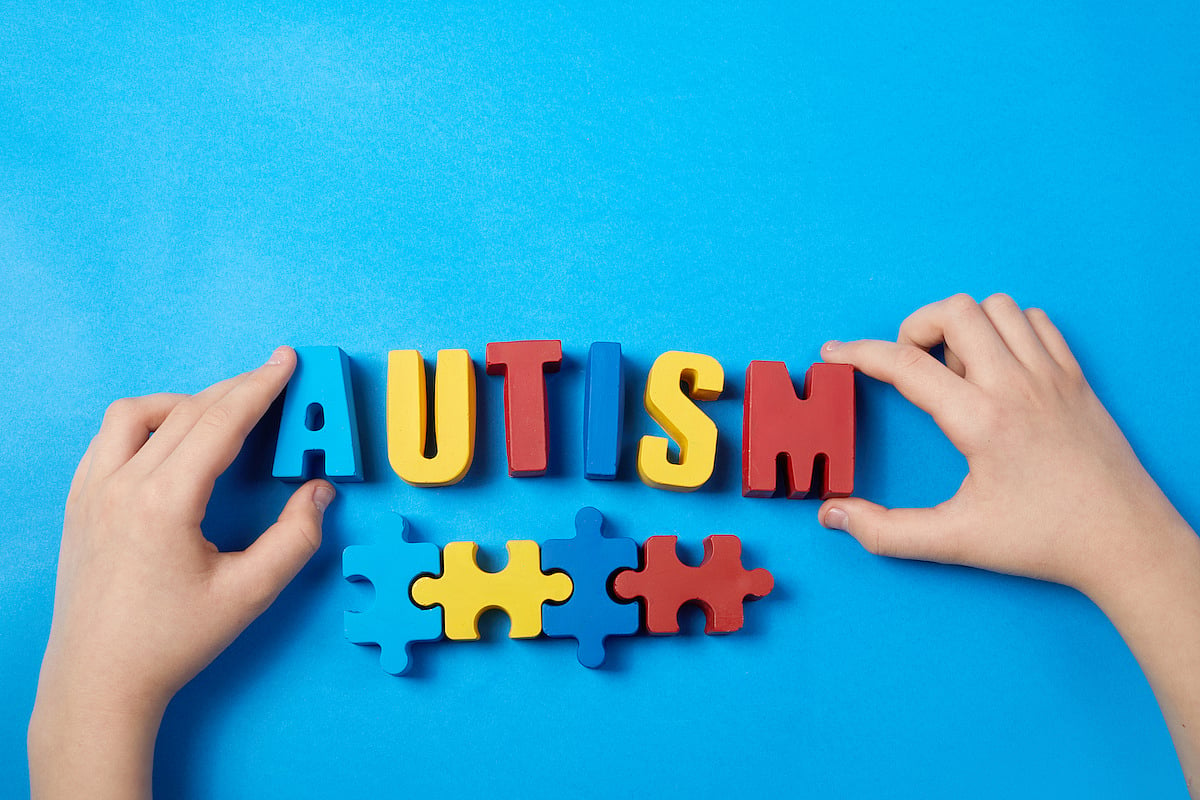Submit your contact info here or click the "Contact me about Sync" button below and we will reach out to you with more information.
Get Healthy!

- Dennis Thompson
- Posted August 20, 2024
Could AI Help Spot Autism Early?
AI can help predict which young kids are more likely to develop autism, a new study says.
The AI looks for patterns in medical data that can be easily obtained from children 2 or younger without extensive assessments or clinical tests, researchers said.
The “AutMedAI” program was able to identify about 80% of children with autism, when tested using data from a group of 12,000 kids, researchers reported Aug. 19 in the journal JAMA Network Open.
In particular, the age of a child’s first smile, their first short sentence and the presence of eating difficulties strongly predicted autism, researchers said.
“With an accuracy of almost 80% for children under the age of 2, we hope that this will be a valuable tool for healthcare,” said senior researcher Kristiina Tammimies, an associate professor at the Karolinska Institute’s Department of Women’s and Children’s Health in Sweden.
The AI also showed good results in identifying kids who will face more extensive problems in social communication, cognitive ability and developmental delay, researchers said.
For the study, researchers trained four separate AI programs to look for autism using data on about 30,000 people with and without autism spectrum disorders. The AutMedAI program wound up being the best of the four in follow-up testing.
“The results of the study are significant because they show that it is possible to identify individuals who are likely to have autism from relatively limited and readily available information,” said lead researcher Shyam Rajagopalan, an affiliated researcher at Karolinska Institute and an assistant professor at the Institute of Bioinfomatics and Applied Technology in India.
Early diagnosis of autism is important because the earlier kids receive effective therapies and interventions for the disorder, the better their outcomes, researchers said.
“This can drastically change the conditions for early diagnosis and interventions, and ultimately improve the quality of life for many individuals and their families,” Rajagopalan said in a Karolinska news release.
Researchers are now working to further hone the AI program, including the possible addition of genetic information to the parameters it considers.
“To ensure that the model is reliable enough to be implemented in clinical contexts, rigorous work and careful validation are required,” Tammimies said. “I want to emphasize that our goal is for the model to become a valuable tool for health care, and it is not intended to replace a clinical assessment of autism.”
More information
The National Institutes of Health has more on therapies for autism.
SOURCE: Karolinska Institute, news release, Aug. 19, 2024







